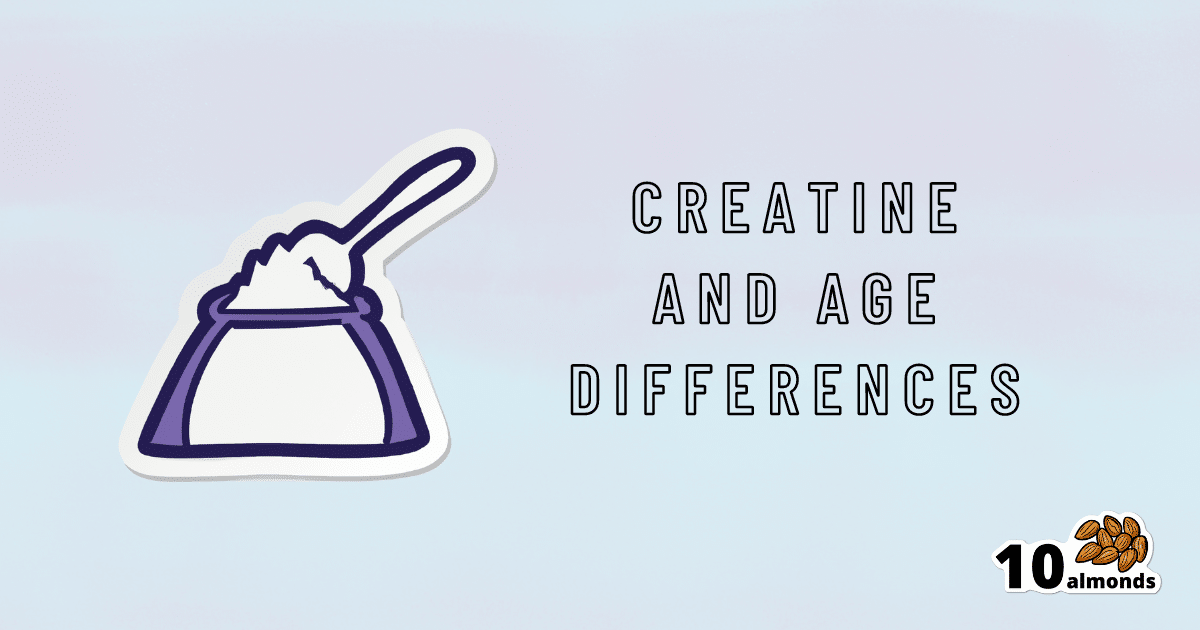Creatine: Very Different For Young & Old People
Creatine, an organic compound derived from amino acids, is commonly used as a sports supplement. It also shows potential in treating various medical conditions, although more research is needed.

What’s the Deal with Creatine?
Creatine is best-known for its use as a sports supplement. It has a few other uses too, usually in the case of helping to treat (or recover from) specific medical conditions.
What actually is it?
Creatine is an organic compound formed from amino acids (mostly l-arginine and lysine, can be l-methionine, but that’s not too important for our purposes here).
We can take it as a supplement, we can get it in our diet (unless we’re vegan, because plants don’t make it; vertebrates do), and we can synthesize it in our own bodies.
What does it do?
While creatine supplements mostly take the form of creatine monohydrate, in the body it’s mostly stored in our muscle tissue as phosphocreatine, and it helps cells produce adenosine triphosphate, (ATP).
ATP is how energy is kept ready to use by cells, and is cells’ immediate go-to when they need to do something. For this reason, it’s highly instrumental in cell repair and rebuilding—which is why it’s used so much by athletes, especially bodybuilders or other athletes that have a vested interest in gaining muscle mass and enjoying faster recovery times.
See: Creatine use among young athletes
However! For reasons as yet not fully known, it doesn’t seem to have the same beneficial effect after a certain age:
What about the uses outside of sport?
Almost all studies outside of athletic performance have been on animals, despite it being suggested as potentially helpful for many things, including:
- Alzheimer’s disease
- Parkinson’s disease
- Huntington’s disease
- ischemic stroke
- epilepsy
- brain or spinal cord injuries
- motor neuron disease
- memory and brain function in older adults
However, research that’s been done on humans has been scant, if promising:
- A review of creatine supplementation in age-related diseases: more than a supplement for athletes
- Creatine supplementation and cognitive performance in elderly individuals
In short: creatine may reduce symptoms and slow the progression of some neurological diseases, although more research in humans is needed, and words such as “promising”, “potential”, etc are doing a lot of the heavy lifting in those papers we just cited.
Is it safe?
It seems so: Creatine supplementation and health variables: a retrospective study
Nor does it appear to create the sometimes-rumored kidney problems, cramps, or dehydration:
Where can I get it?
You can get it from pretty much any sports nutrition outlet, or you can order online. For example:
Share This Post
Learn To Grow
Sign up for weekly gardening tips, product reviews and discounts.




